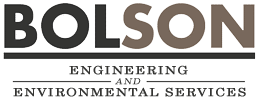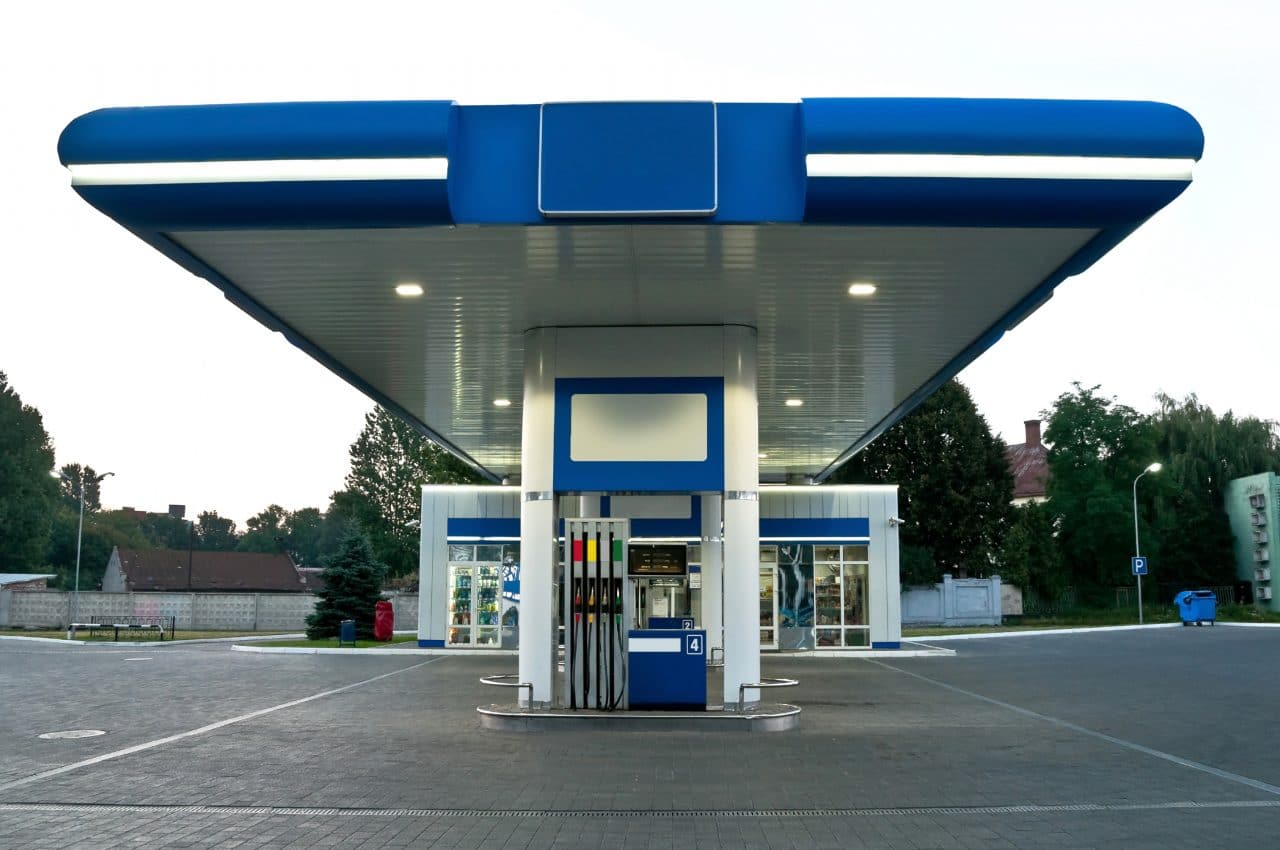It is expensive and complex to remediate a gas station and is usually only undertaken if the contaminated land is a prime real estate redevelopment opportunity. Remediation involves addressing any environmental contamination on a property.
Over the last decade, there have been vast improvements to the design, construction, and operation of gas stations. However, prior to these new systems, tiny amounts of gasoline spillage and vapors could easily seep into the ground and contaminate our water. It only takes one liter of gasoline to contaminate one million liters of groundwater. One of the spill containment strategies implemented by municipalities includes a required concrete pad with positive limiting barriers (PLBs). PLBs are grooves in the concrete around the edge of the dispensing area to hold a minimum of five gallons of fuel.
While there are a variety of systems in place to contain gasoline groundwater contamination, there are several risk factors that remain. Proper maintenance practices are often a result of poor employee training, owner oversight and/or neglect. There are not enough inspectors across Alberta to ensure gas station compliance.
What Contaminants Might be Lurking Below the Surface
From heavy metals to volatile organic compounds and polyaromatic hydrocarbons, here is the list below for soil and water contaminants that you may find lurking in on gas station sites.
- Benzene, Toluene, Ethylbenzene, Xylenes, Lead
- Lead and other heavy metals
- MTBE (gasoline additive)
- Ethylene dichloride (EDC)
- Naphthalene

What the Steps to Remediate Contaminated Land?
Several options are available to remediate contaminated land. Below you will find some conventional and alternative gas station remediation steps:
- Identify the extent of the contamination. You will need a phase two environmental site assessment completed by a professional engineer. A Phase Two ESA will determine the extent and severity of the any contamination that is present. This will involve soil and groundwater testing, as well as sampling of nearby surface water and/or sediment testing.
- Develop a remediation plan based on the results of the site assessment. Specific actions will be determined the regulatory requirements in that municipality as well as budget and time considerations. The Alberta government uses a 2-tier approach to address contaminated site remediation which an comprehensive guideline that came into effect January 1, 2023.
- Implement the remediation plan and get the proper permits from regulatory agencies. This may involve excavation of contaminated soil, cleaning and removing underground storage tanks, installing remediation systems such as groundwater treatment systems or vapor recovery systems.
- Monitor progress. As the remediation progresses, you will need to monitor the effectiveness of the remediation measures. This may involve water testing of soils and groundwater samples to ensure the contamination levels are decreasing over time.
- Completing remediation involves providing documentation to regulatory agencies to demonstrate that the site has been remediated and is safe for future use.
Depending on the budget and time constraints, less expensive but more time intensive remediation options are available for developers.,.
According to NAIT researcher Dr. Paolo Mussone, one alternative to conventional reclamation includes is a low dose of fertilizer which makes bacteria hungry. The bacteria will eat the hydrocarbons in the contaminated soil once the low-dose fertilizer treatment has stopped. The process will take two to four years as compared to decades.
Mechanical soil aeration (MSA) of contaminated land is another simple, effective, and low-cost solution to land reclamation. As a remediation method, MSA is suitable for VOC-contaminated sites, has advantages, including being highly effective and rapid, and having a broad applicability for site-specific variations in soil quality and VOC concentration.
A combination of initiatives is also available for a speedy and cost-effective site reclamation.
What is the Brownfield Redevelopment Grant Program?
The City of Edmonton offers grants under the Brownfield Redevelopment Grant Program. The program’s funding tools assist owners of sites with the additional financing needed to address environmental testing, remediation, or exposure control costs in preparation for redevelopment. The program has four Phases. The first three phases support the identification of potential environmental issues, testing, delineation, and remediation. The fourth phase offers financial assistance to support an innovative interim land use (i.e. renewable energy project, art installation) and/or a detailed exposure control program or sustainable remediation approach (e.g., monitored natural attenuation with exposure control, bioremediation). Properties that meet the City of Edmonton’s Brownfield criteria will get additional funds to help support their remediation initiatives.
The Path Forward
Overall, remediation of a gas station can be a complex process that requires the expertise in engineering, geology, and regulatory compliance. It is important to collaborate with qualified professionals who have experience in this area to ensure that the remediation is conducted safely and effectively. Communities will benefit significantly since owners and developers can remediate and redevelop on a more reasonable timeline.
Bolson Engineering and Environmental Services is passionate about development. We have partnered with commercial property owners and commercial brokerages to streamline Phase One and Phase Two Environmental Site Assessments. It pays to know what you are signing up for. We also have had the opportunity to design, rezone and project manage some awesome commercial projects across Alberta. Have a vision? Let us engineer your ideas. Contact us.
